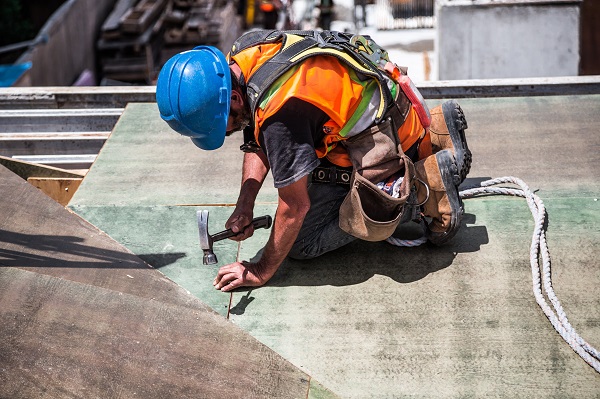
Injured Workers Seek UN Recommendations on Deeming
Imagine you are seriously hurt on the job, that you can’t return to your previous work because you now have a permanent disability. Worker’s compensation is supposed to be there to give you income security. However, in reality what often happens is that WSIB chooses a new job it says you “should be able” to do and reduces your benefits according to what you “could be making” regardless of whether you are capable of doing the job and whether that job even exists.
That practice is known as “deeming” and injured workers advocates say it is a pressing human rights concern in Ontario. Deeming has recently been the subject of some interesting developments.
First, some background. The Ontario Network of Injured Workers Groups (ONIWG) published a report this past May called Phantom Jobs & Empty Pockets: What Really Happens to Workers with Work-Acquired Disabilities? The report contains some dismal statistics about how injured workers fare:
- “By WSIB’s own statistics, almost half of permanently injured workers have neither jobs nor workers’ compensation benefits.”
- “[W]omen, those who were in lower paying or less skilled jobs at the time of injury and those who suffer mental health disabilities are more likely to be deemed as working than their higher paid and less precarious counterparts.”
- “Only 27% of workers with English language barriers secured employment after completing work transition.”
In essence, the Phantom Jobs report notes that “The practice of deeming creates injured worker poverty. It encourages a system where many injured workers are abandoned twice: first by their injury employer – who cannot or will not provide them with accommodated duties, and then by the WSIB, the very system that is meant to protect them in these circumstances”.
Now, the interesting development: earlier this month, ONIWG made a submission to the United Nations, saying that deeming violates Canada’s obligations under the UN Convention on the Rights of Persons with Disabilities.
In their submissions, ONIWG asks the UN Committee on the Rights of Persons with Disabilities to make seven recommendations for Canada “to ensure that workers compensation systems are based on human rights values and not the values of cost containment for employers.”
Briefly, those recommendations are:
-
- Ensure that employment injury benefit systems are based upon human rights values exclusively, not the values of cost-containment for employers.
- End the deemed wage loss system.
- End the stigmatization of the use of employment injury benefits faced by people with work-acquired disabilities.
- Provide a transparent accounting of all claimants that have been deemed in all provinces.
- Assess and eliminate disparities based on gender, race and immigration status in the administration of benefits for persons with disabilities.
- Maintain adequate funding for the legal aid services to injured workers.
- Devise just financing mechanisms that satisfy the human rights obligation to ensure income security for people with work-acquired disabilities.
You can view the full recommendations in the submission: Deeming laws and practices as violations of the rights of people with work-acquired disabilities in Canada.
In a Toronto Star article, Université de Montréal industrial relations professor Jeffrey Hilgert, who helped ONIWG with their submission, said:
“…Canada has clear obligations to ensure permanently injured workers can go on to live in dignity — with a secure income. ‘The practical implications, if you read the international standards, are very concrete,’ he said. ‘The practice of deeming phantom jobs would have to end.’ ”
Meanwhile, MPP Wayne Gates has initiated private member’s bill 119, which aims to end deeming, noting that his bill “seeks to stop this practice and say your wages only get reduced if the job is actually real and you reasonably turned down work you could actually be doing. This is the same system that (Employment Insurance) uses.”
Bill 119: Respecting Injured Workers Act (Workplace Safety and Insurance Amendment), 2019, received first reading in the Legislative Assembly in May. ONIWG Executive Vice-President Will Noiles said in an interview with Newstalk 610’s Larry Fedoruk that if adopted, Gates’ bill would take care of a lot of the problems included in their submission to the UN.
We await developments on Bill 119 and the UN’s determinations on the topic of deeming, and will share updates as they become available.
